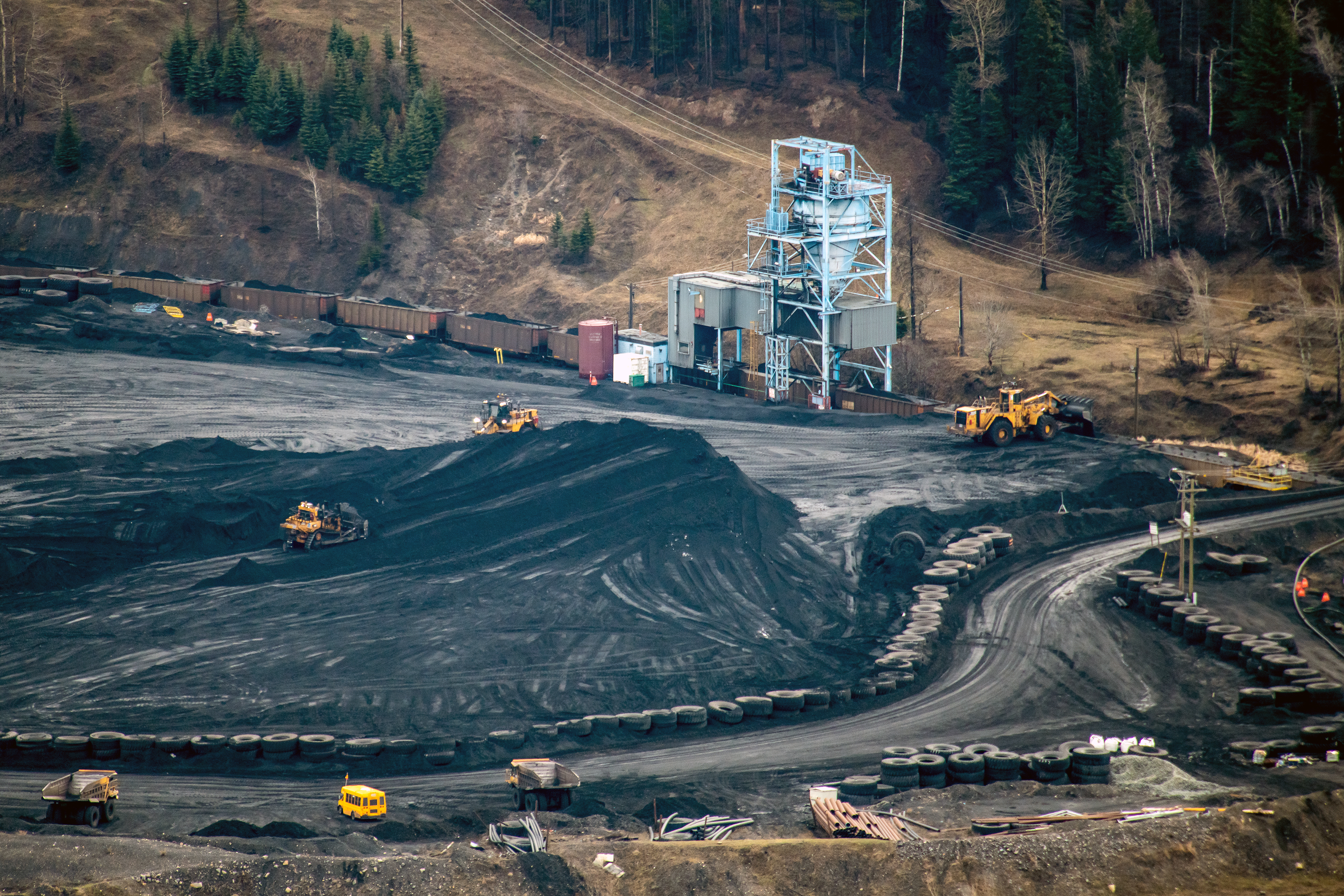Anglo is dropping “American” from its name as it forges an all-share “merger of equals” with Canadian miner Teck Resources to create one of the world’s largest copper producers valued at about R870-billion ($50-billion).
“Both Anglo American and Teck believe the merger will be highly attractive for both companies’ shareholders and stakeholders, enhancing portfolio quality, resilience and strategic positioning,” the companies said in a joint statement on Tuesday.
Subject to regulatory approval, the merged entity will be called Anglo Teck. Headquartered in Vancouver, Anglo’s primary listing will remain in London with listings in Toronto, New York and Johannesburg.
The number crunchers have found R14.5-billion ($800-million) in pretax synergies annually by combining both companies – which means that costs can be slashed by removing “redundancies” including staffing levels.
What this means
If you are an Anglo shareholder it means you are going to get a dividend of about R73.35 ($4.20) per share and you will then own a stake in copper-focused Anglo Teck. The deal shows that M&A remains alive and well in the global mining sector, and copper and red-hot gold are the current darlings that many investors covet. Many will see this as a smart move on Anglo’s part, but it could also make this merged entity an enticing target because of its exposure to copper.
This is the most far-reaching shake-up at Anglo American, which was formed in 1917 by Ernest Oppenheimer in Johannesburg.
The trek to Canada comes in the wake of Anglo’s bruising battle last year to thwart an unsolicited bid from global mining rival BHP, a move that triggered a restructuring drive that included the demerger of its South African platinum unit and the still-unfinished disposal of diamond giant De Beers.
/file/dailymaverick/wp-content/uploads/2025/09/GettyImages-154793151.jpg)
“We are all committed to preserving and building on the proud heritage of both companies, both in Canada, as Anglo Teck’s natural headquarters, and in South Africa where our commitment to investment and national priorities endure,” Anglo CEO Duncan Wanblad said.
On a call with journalists, Wanblad said Anglo remained committed to retaining Kumba Iron Ore in the Anglo Teck stable, underscoring the point that the company is not completely abandoning the country of its birth.
But ultimately this is about copper, which is seen as critical to the green energy transition and numerous industrial applications in an urbanising world. Demand for the red metal is expected to surge in coming years and new deposits are increasingly rare.
About 70% of Anglo Teck’s production base will be copper and it will be a global top-five producer of the metal, with six copper-rich assets in South America and Canada. Iron ore, zinc and crop nutrients will remain key components of its portfolio.
/file/dailymaverick/wp-content/uploads/2025/09/ChatGPT-Image-Sep-9-2025-01_55_25-PM.png)
To sweeten the deal with its shareholders, Anglo will issue a special dividend of R78.6-billion ($4.5-billion) before the completion of the merger, which is expected to take 12 to 18 months.
Anglo will issue 1.33 shares for each Teck share. The end result will be that Anglo shareholders will hold a 62.4% stake in the new company and Teck shareholders will have 37.6% – which doesn’t quite resemble a “merger of equals”.
Wanblad will become CEO of Anglo Teck and Teck CEO Jonathan Price will be the deputy CEO. Anglo’s John Heasley will be the CFO and Teck chair Sheila Murray will retain that position in the new company. Each company will nominate 50% of the non-executive directors of Anglo Teck.
Wanblad will join a growing list of South African mining executives, such as Mark Bristow at gold giant Barrick, who wound up at the helm of large Canadian mining companies after mergers.
From here Anglo will remain on the hunt for copper. It just needs to dispose of De Beers and a couple of other things first as it pins its hopes on the red metal. DM




 Train cars are loaded with coal at a Teck Resources’ Elkview Operations steelmaking coal mine in the Elk Valley near Sparwood, British Columbia, on 26 April 2022. (Photo: James MacDonald / Bloomberg via Getty Images)
Train cars are loaded with coal at a Teck Resources’ Elkview Operations steelmaking coal mine in the Elk Valley near Sparwood, British Columbia, on 26 April 2022. (Photo: James MacDonald / Bloomberg via Getty Images)